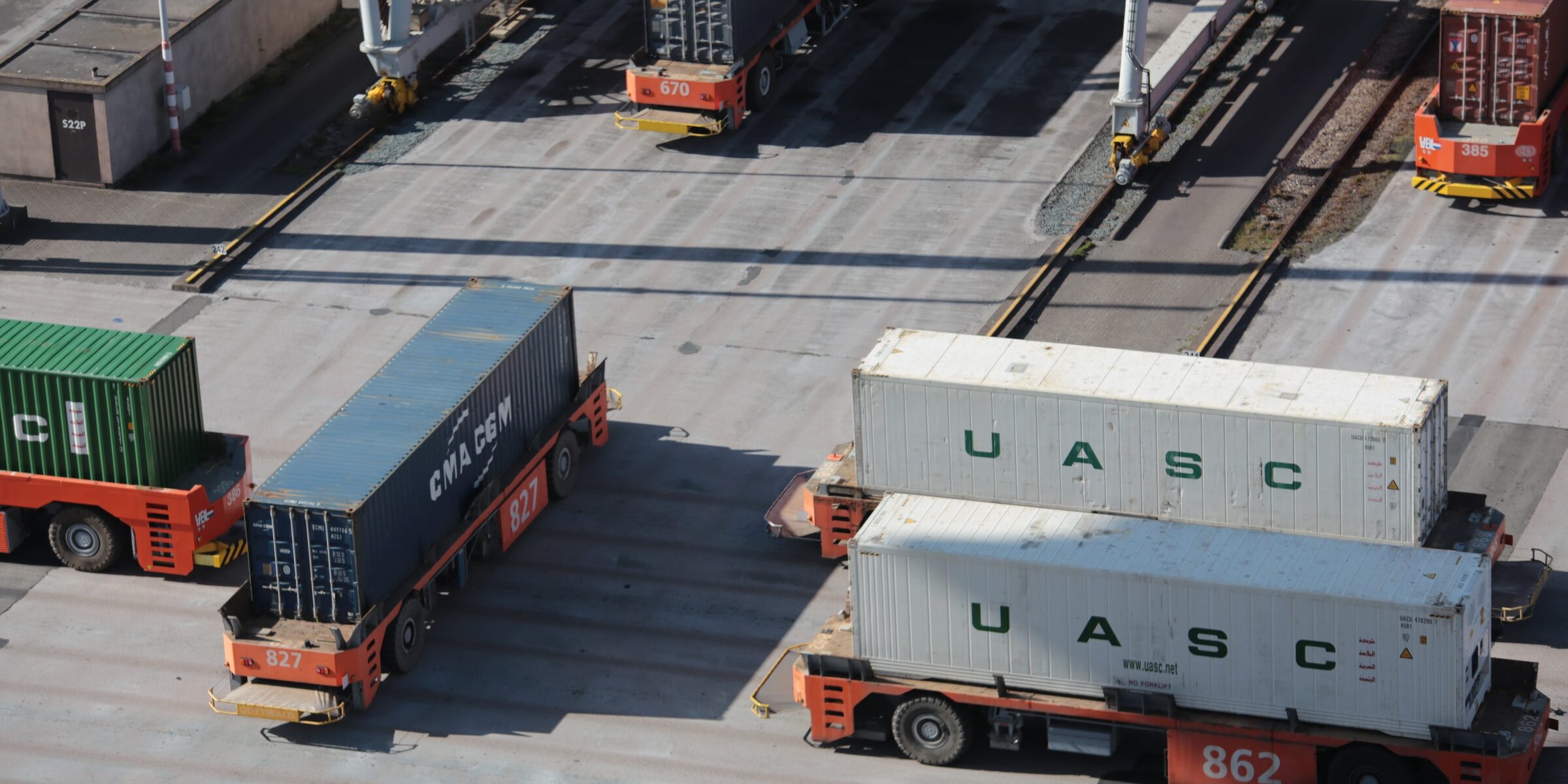The freight industry can seem quite complex on the surface, especially to first time shippers or those who deal mainly with one type of shipment. Even experienced professionals can find themselves scratching their heads from time to time.
No matter if you’re a seasoned pro or a novice, you’re bound to have questions. So, let’s help you better understand the intricacies of the shipping process with answers to 8 of the most common freight shipping questions.
Q: What can be shipped with freight shipping and what are my options?
A: Any amount of freight can be shipped to its destination through a variety of services to handle it all. Common freight shipping options include truckload (TL), less than truckload (LTL), expedited LTL, air freight, time critical, and rail intermodal. If you have questions regarding which shipping option best fits your needs, take a look at our post Freight Shipping Basics: Know All Your Options.
Q: What’s the difference between LTL and TL?
A: These terms refer to a method of freight shipping. They are the most popular and utilized forms of freight shipping, so these terms will be the most commonly heard and known. So what’s the difference between the two?
Less than truckload shipping refers to shipments usually weighing less than 15,000 pounds and won’t fill an entire truck’s capacity. This type of shipment means you’ll be sharing the truck space with shipments from other shippers. Routes and deliveries are then optimized based on the origin and destination of the shipment. The main benefit of this option is typically a lower cost.
Truckload, also referred to as full truckload, is when a shipper uses the entire capacity of the truck for only their shipment. This is a good option when shipments are over 15,000 pounds and require a lot of space. The main benefits of this method are that the dedicated truck can take the most efficient and fastest route, limiting the amount of stops.
Q: How are freight shipping rates determined?
A: Freight shipping rates are typically dependent on a variety of factors. You can start by considering the type of freight being shipped, mode of transport, weight, distance and more. For example, for LTL shipments, rates are typically dependent on freight class. For TL shipments, amount per mile is the standard. Oversized flatbed rates are based on type of equipment, mileage, and total shipment weight.
Q: What are freight classes?
A: Many years ago, the freight classification system was created by the National Motor Freight Traffic Association (NMFTA) to provide a standardized freight pricing structure for all types of freight in the industry.
The resulting 18 classes range from 50-500 and each number in there serves as a common grouping for multiple types of goods and commodities. These classes standardize the price of shipping a certain type of material.
Q: How are freight classes calculated?
A: The classification of your freight is determined by the weight, dimensions, density, ease of handling and storing, value and liability (probability of freight damage or theft). It’s important to know how freight is calculated because assigning the wrong code to a shipment could accrue hefty, unnecessary costs.
Q: Can I estimate my freight dimensions and weight?
A: Short answer, no, freight dimensions and freight weight should never be estimated. It’s critical to measure dimensions to the nearest inch, especially for LTL shipping, as these carriers rely on exact dimensions to determine how much freight can fit on one truck. Incorrect or estimated measurements could result in a costly carrier adjustment or other extra fees. The same goes for weight since carriers use the weight to determine how much freight can fit onto an individual truck.
Q: Is there a standard contract for freight shipping?
A: In the freight industry, a standard contract is known as a bill of lading. This legally-binding document serves as a receipt and a contract between the carrier and freight shipper. It provides all stated and agreed upon information about the date of shipment, number of pieces, freight class, weight, dimensions, route, pricing, and more. This document is critical to the freight shipping process and establishes expectations about the shipment.
Q: Can transit time of freight be guaranteed?
A: Freight shipping services are very reliable, and partnering with a trusted carrier will help avoid unexpected delays, shipments do not typically come with a guaranteed transit time. There is the option to add guaranteed delivery to certain types of shipments for an additional fee. However, you’ll want to be certain that delivery can be completed on the day and time you’ve selected to avoid additional fees of redelivering.
While these may be the most common questions we get related to the freight shipping industry, they’re certainly not the only questions. If you have more questions of your own, we’re happy to provide some answers. Simply reach out and we’ll clear up just what you need to know!








